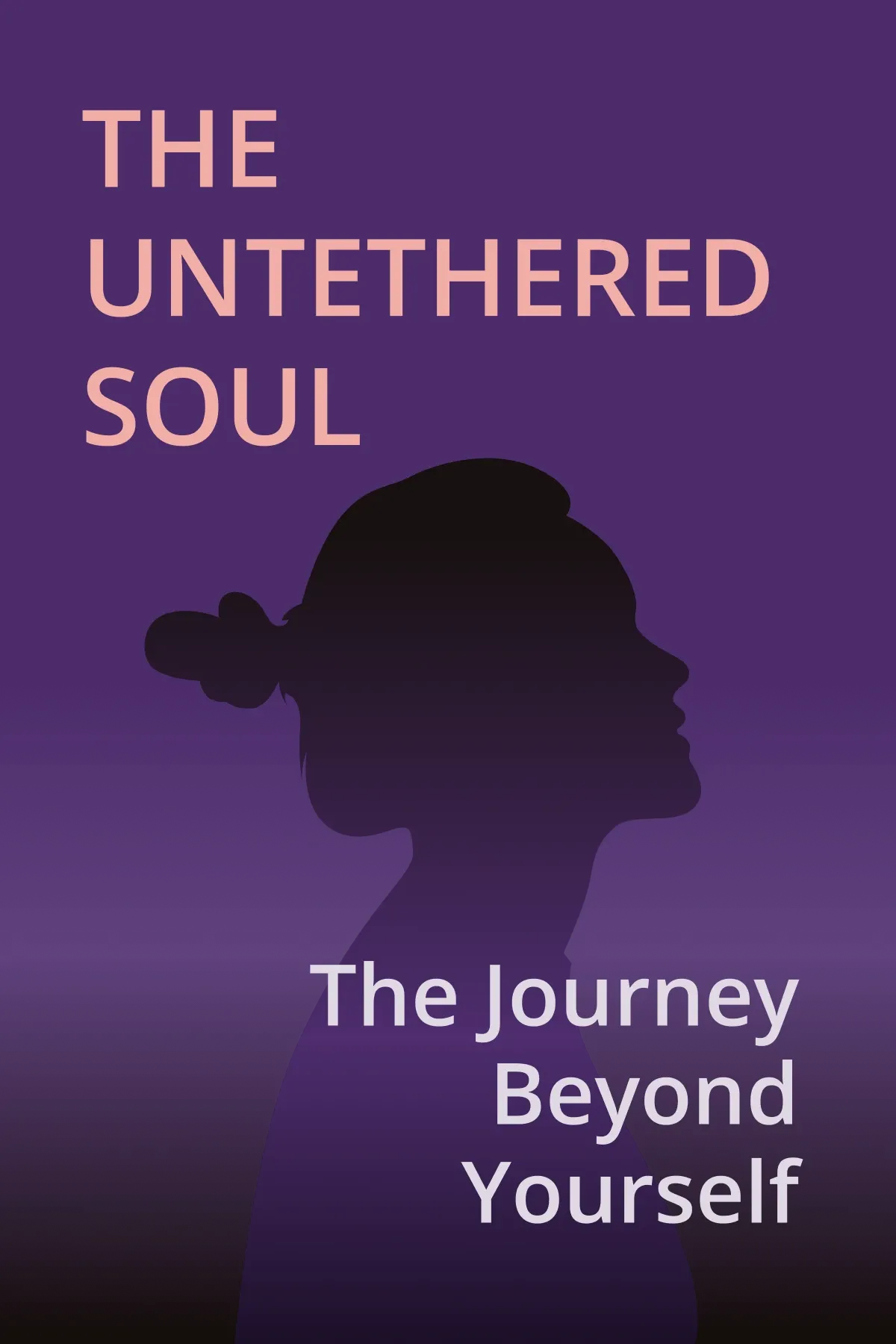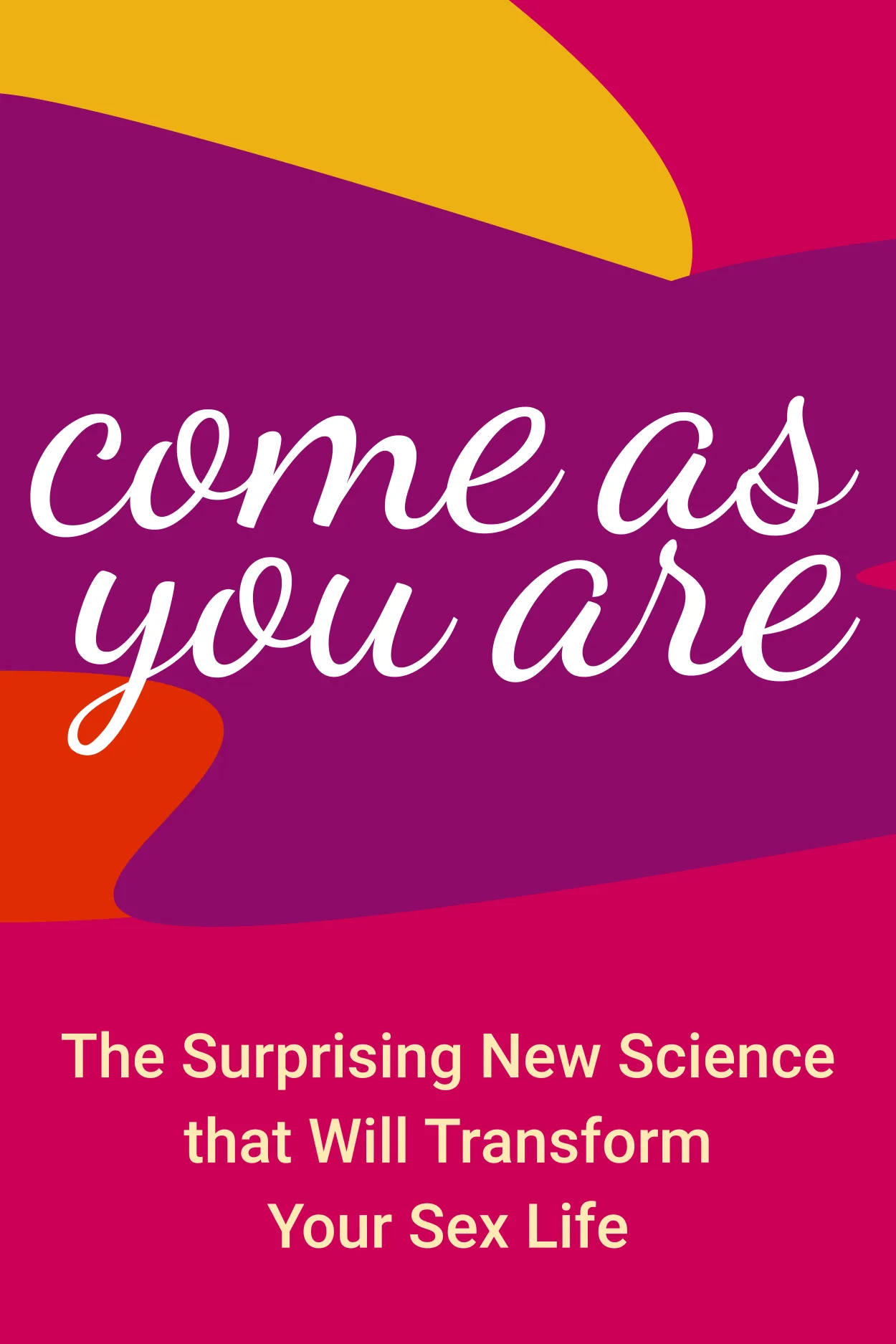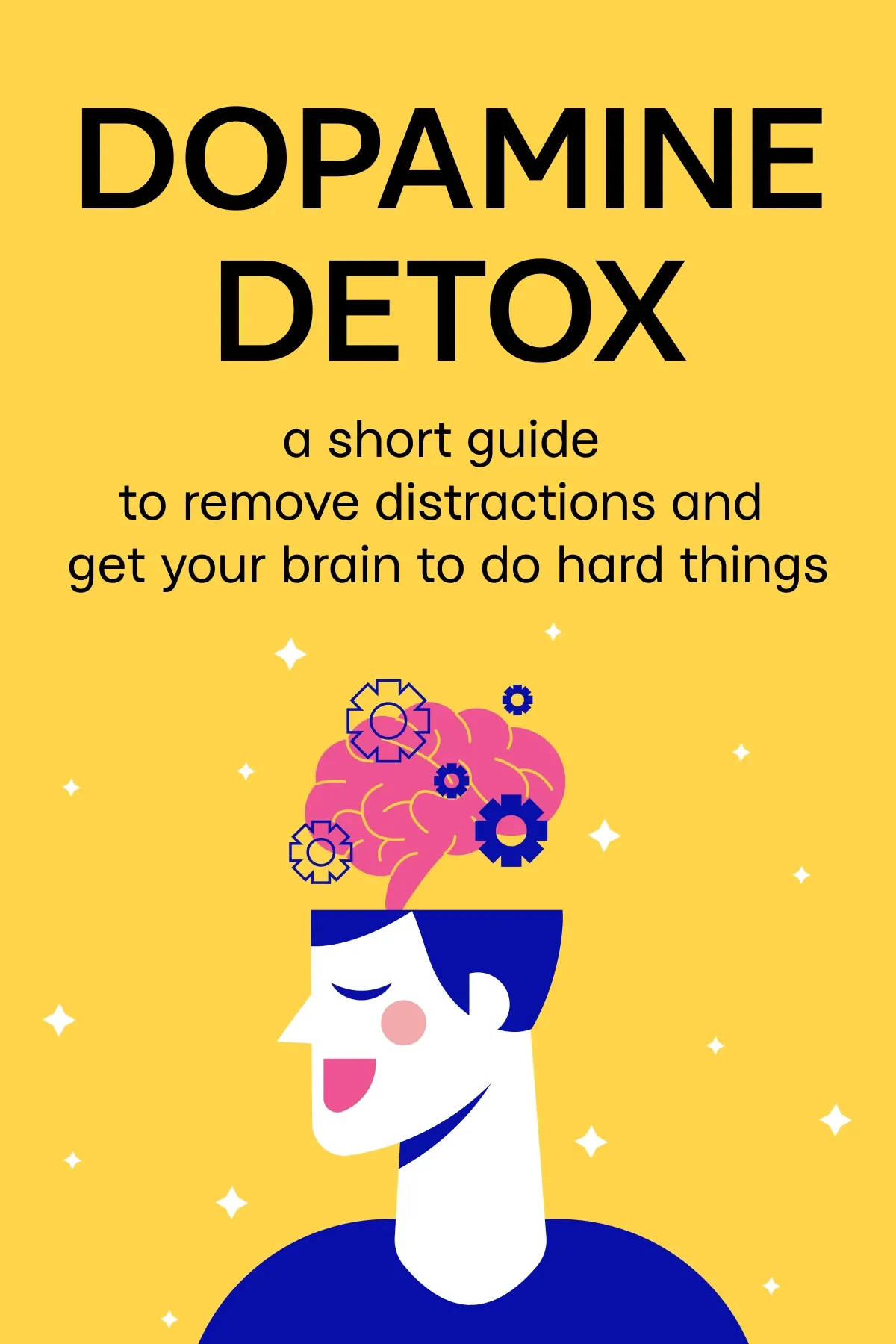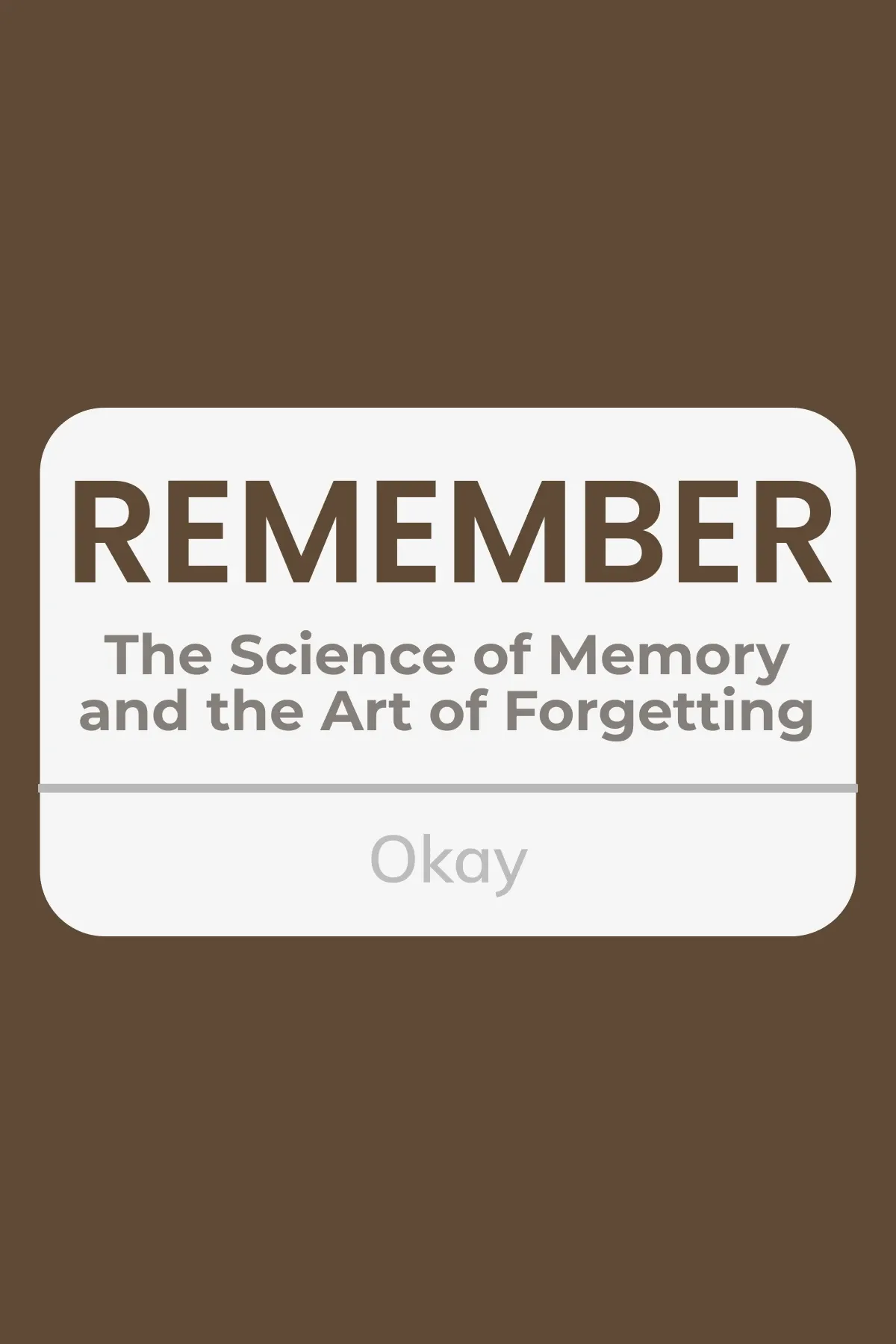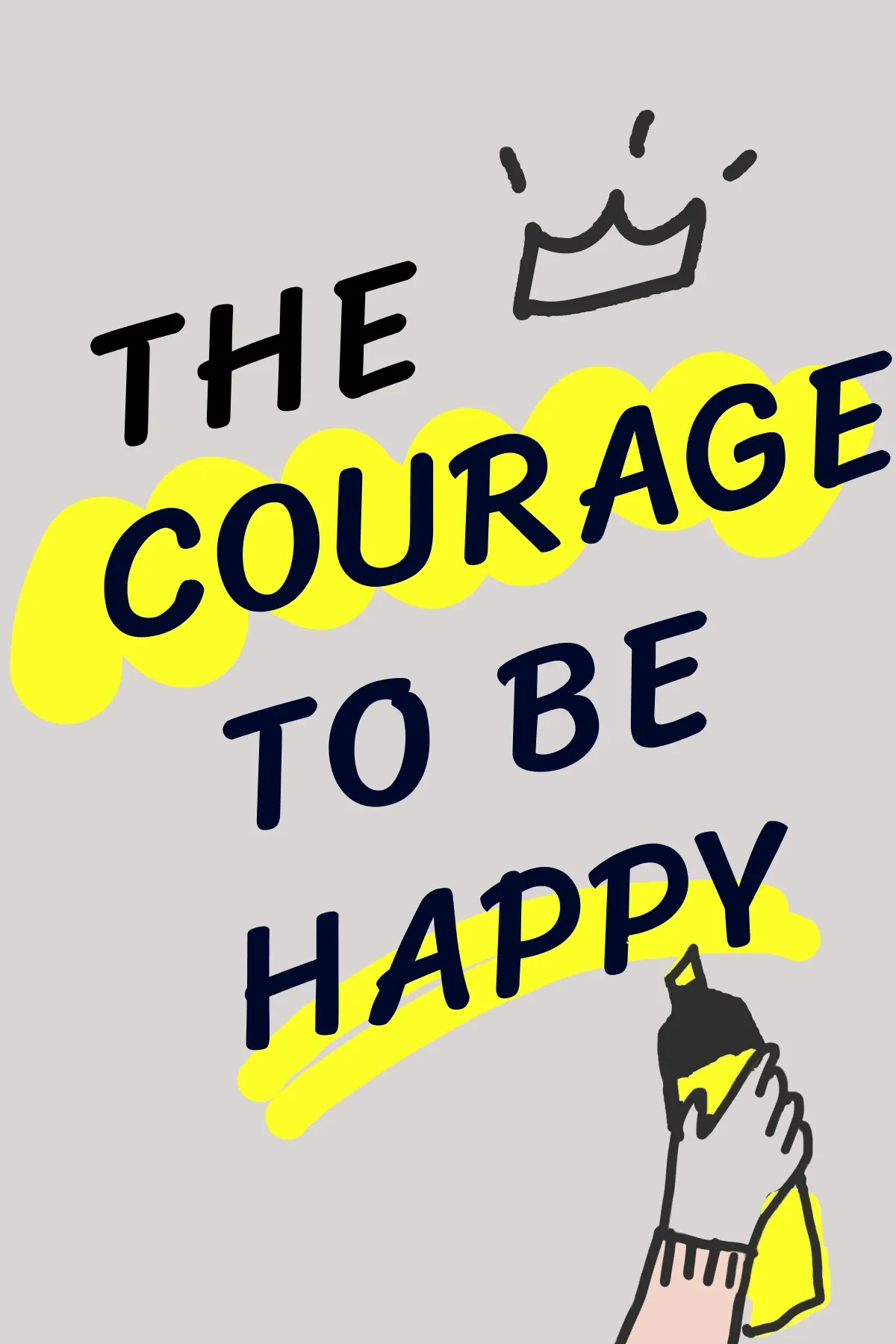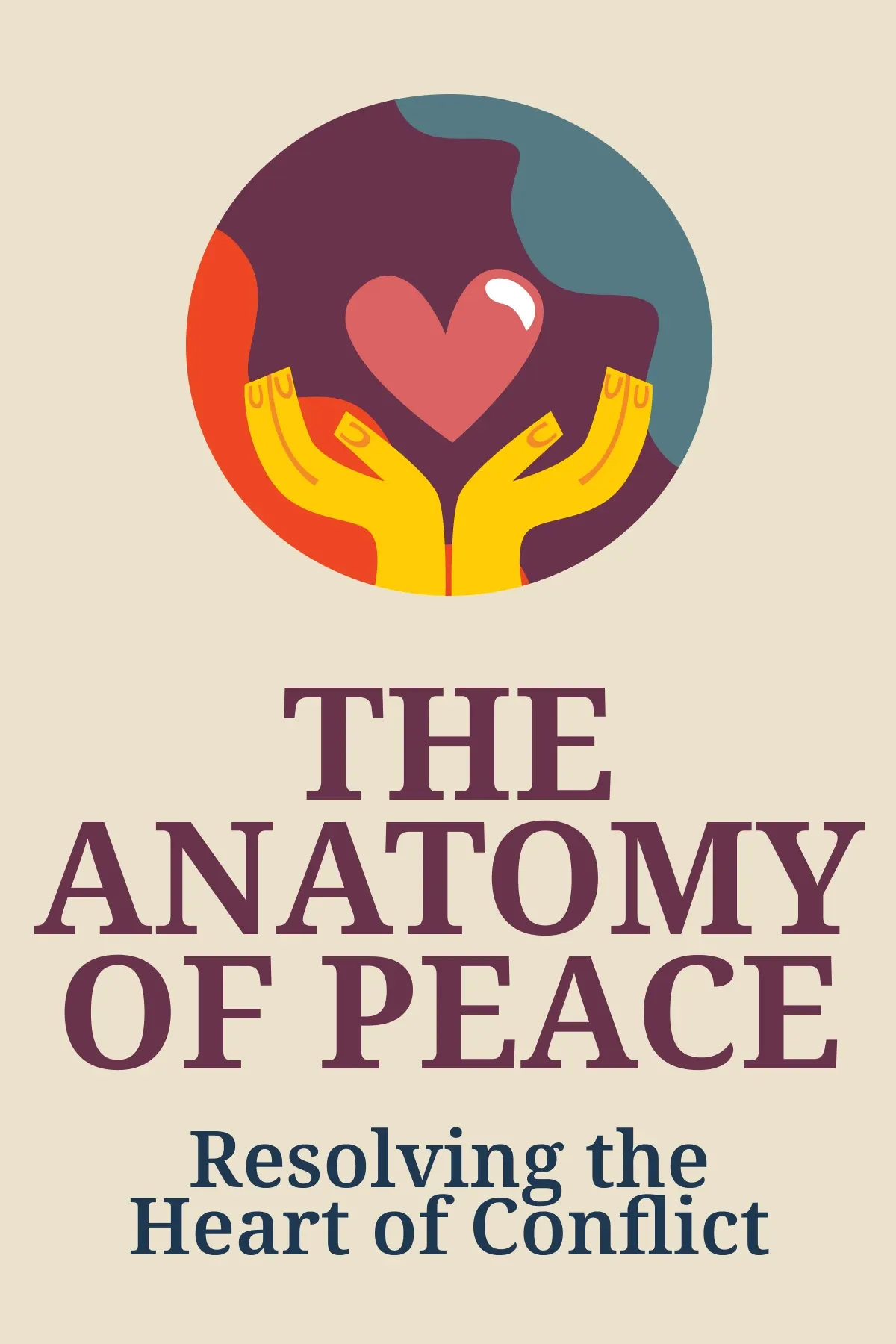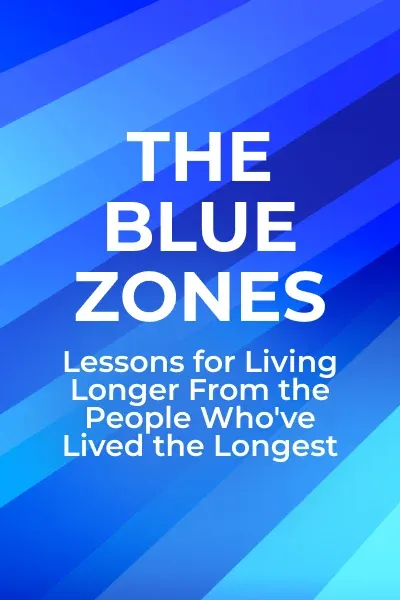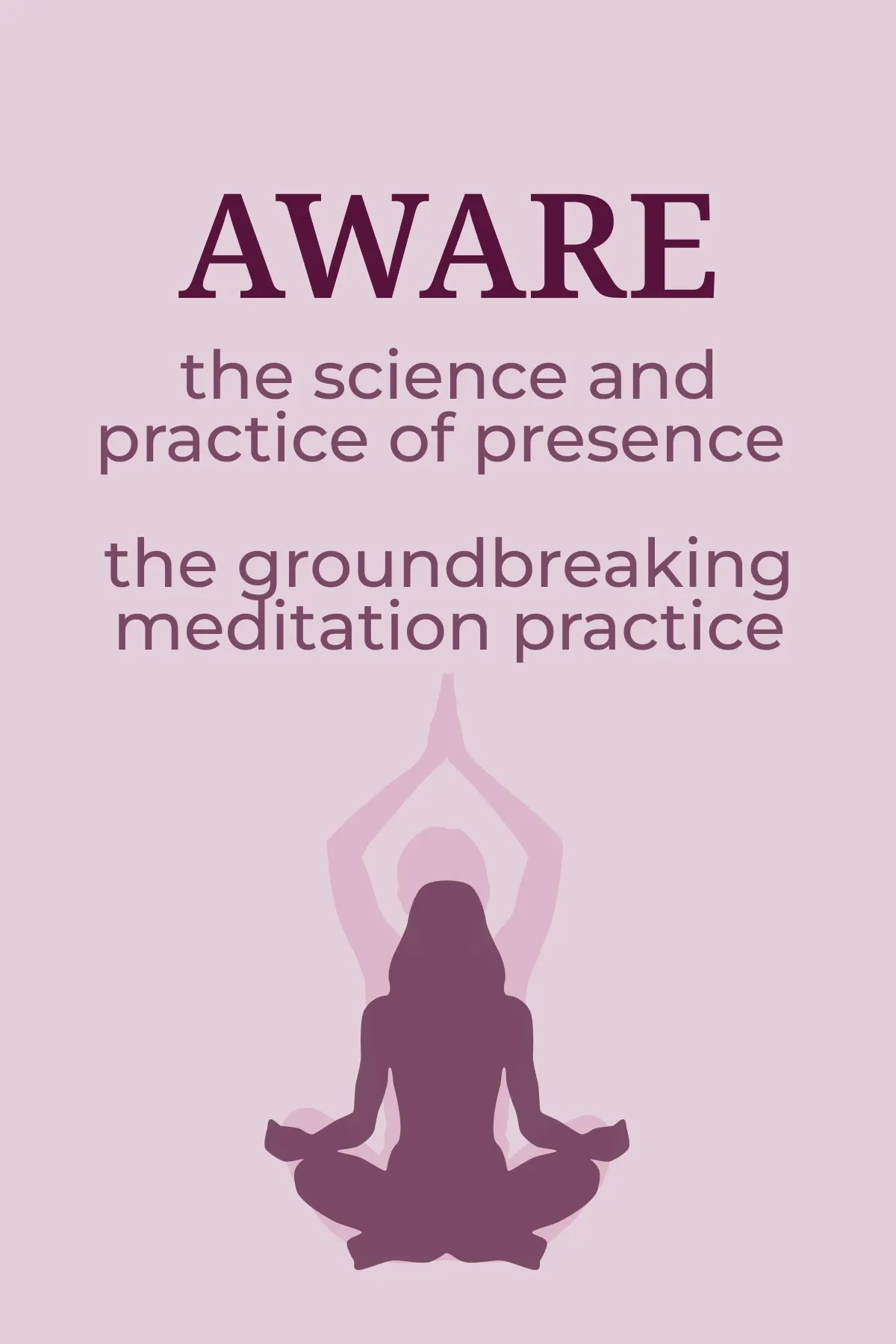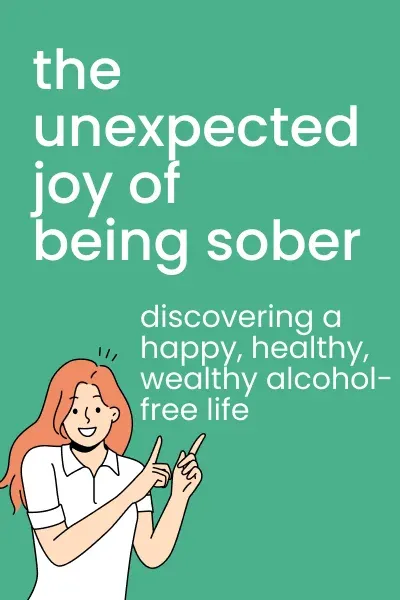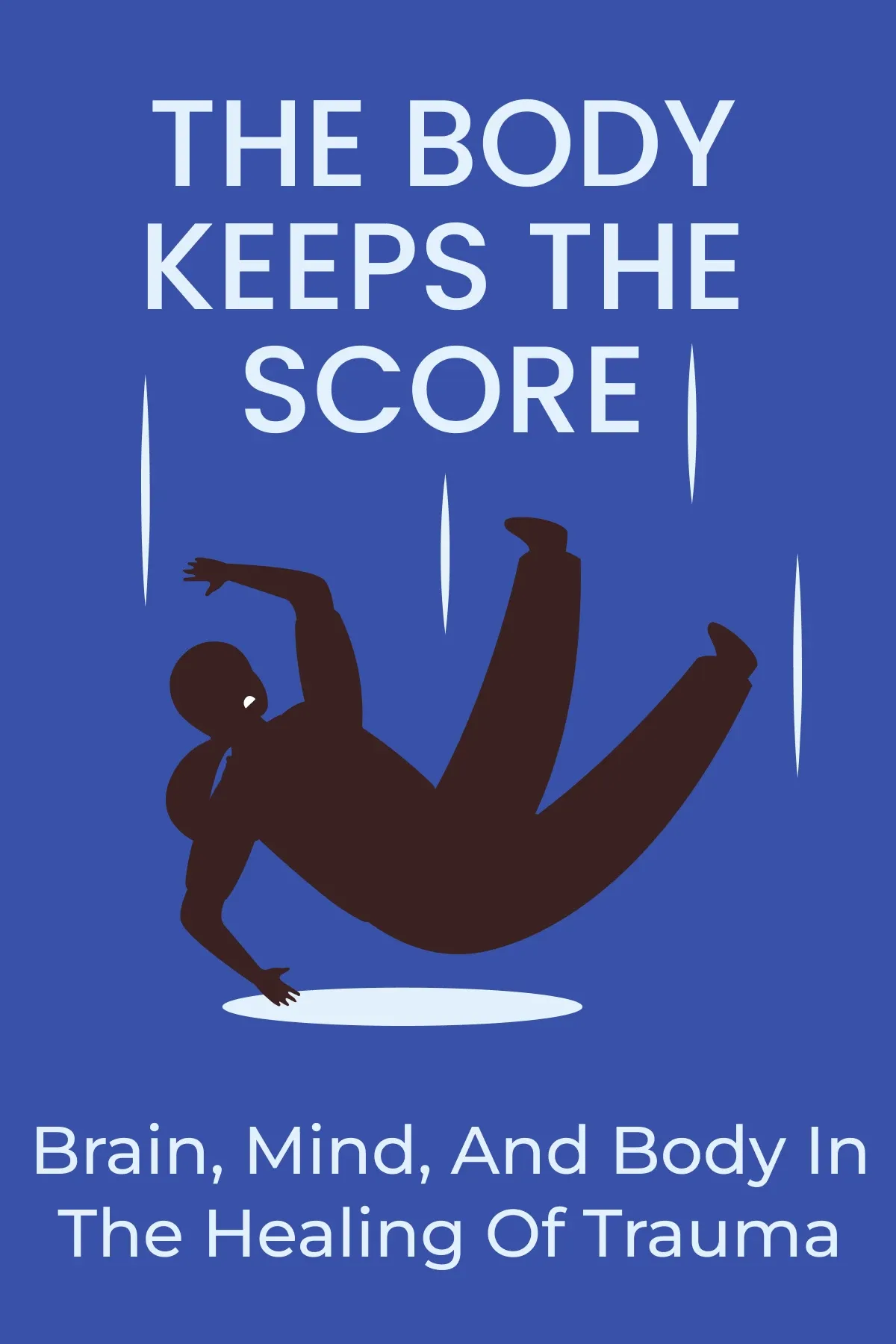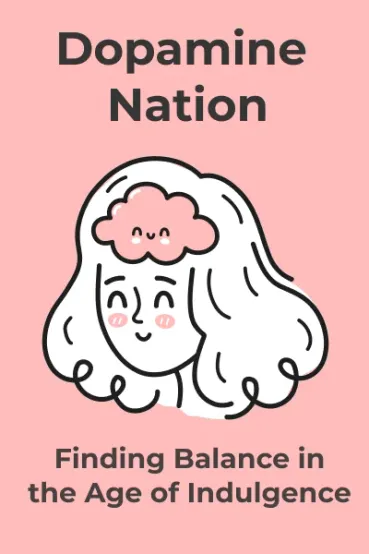
Dopamine Nation
Brief Summary
In her book “Dopamine Nation”, Anna Lembke opens the veil of addictions you didn't even know about. The author tells about their roots and how, eventually, they can change from being pleasurable to agonizing and detrimental.
Key points
Key idea 1 of 8
When you hear the word "addict," what comes to mind? Is it a scrawny crackhead haggling for their last fix, or a dad who's had one too many beers after work? Maybe it's the guy glued to his computer screen for hours on end, or the student who spends more time swiping on Tinder than studying for exams.
Addiction is a rampant problem that affects people from all walks of life. It's the compulsive need to consume a substance or engage in a behavior that's harmful to both the individual and those around them. Gambling, gaming, and sex are just a few examples of addictive behaviors that can take over someone's life.
But addiction isn't limited to traditional vices like drugs or alcohol. In today's world, the dopamine economy has expanded to include everything from high-sugar and high-fat foods to modern technology. Even cheesy romance novels like *Twilight* and *Fifty Shades of Grey* can be addictive, as author Anna Lembke can attest.
The accessibility of these addictive substances and behaviors makes them all the more appealing. And the consequences can be devastating. The opioid epidemic in the USA, for instance, was fueled by the overprescription of painkillers. And globally, 70% of deaths are caused by risk factors like lack of physical activity, obesity, and smoking.
But addiction isn't just a problem for those who are impoverished or uneducated. It's a problem that affects people of all backgrounds and ages. And it's a problem that we need to confront head-on if we want to make the world a safer and healthier place.
FAQ
You may also like these summaries


